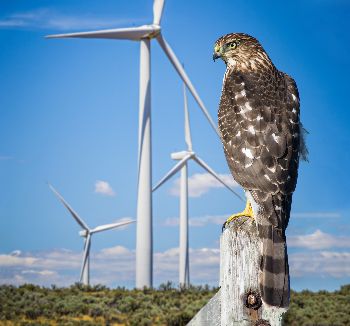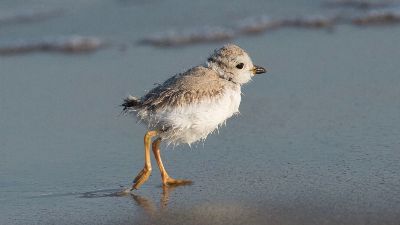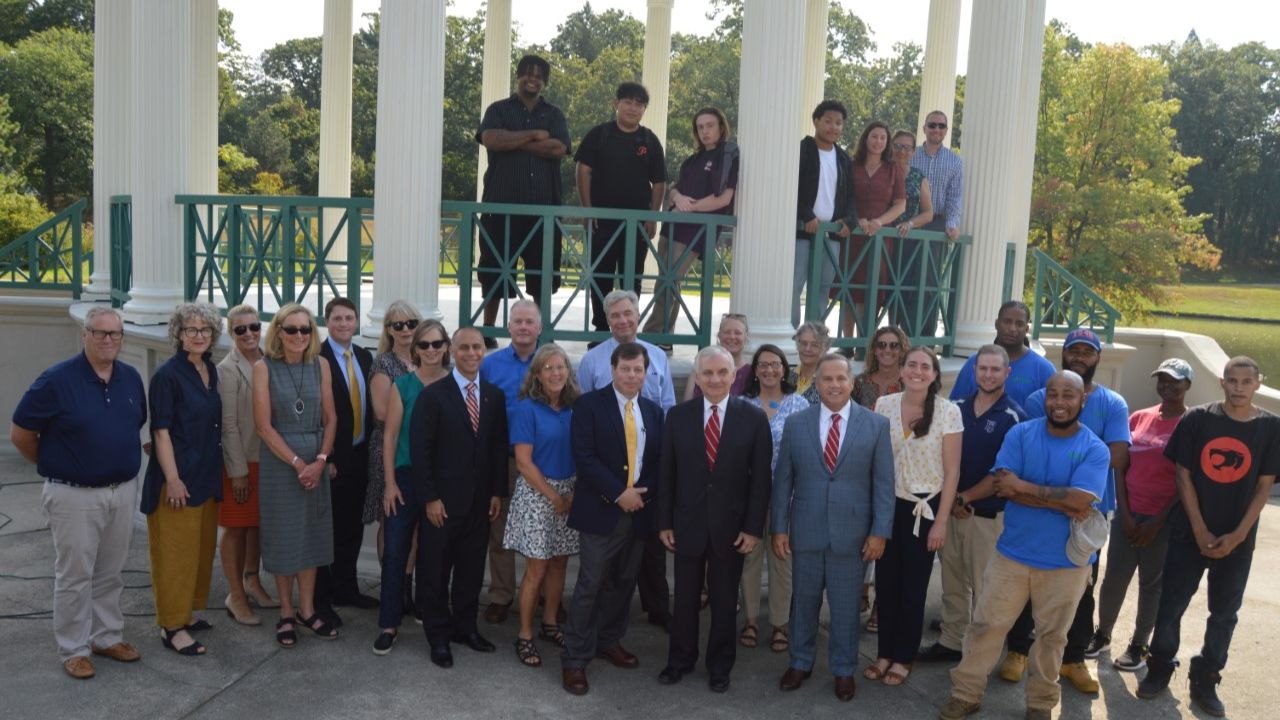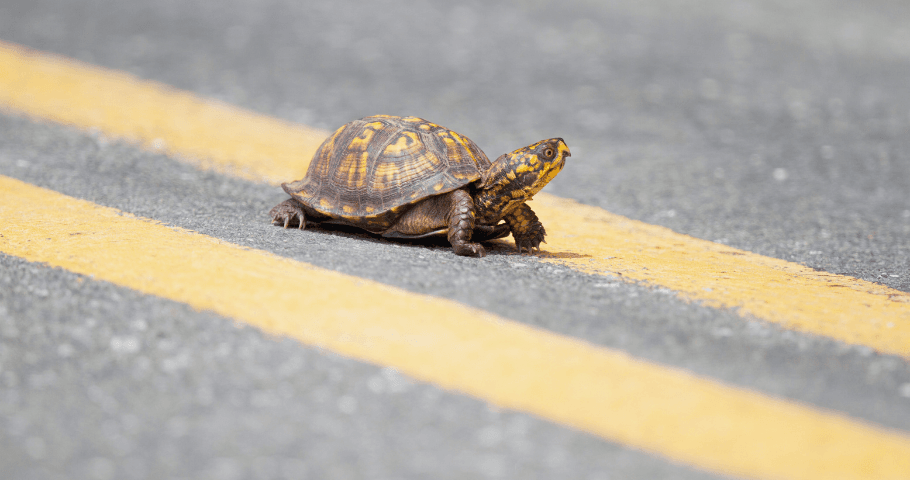
September 2019
Introducing The Audubon Eagle Eye Advocacy Update! These monthly updates will provide you with simple actions you can take to help foster a cleaner, healthier planet along with local and national environmental news. Advocacy to protect birds and wildlife is a top Audubon priority and this work goes beyond testifying on their behalf on Smith Hill. Year round, we are working with our community partners and Rhode Island leaders to ensure the environment is a priority. These updates will keep you informed and ready to take action when the legislative session is upon us. As the newsletter continues, we are very interested in your suggestions and questions. Please send them to Audubon Senior Director of Policy Meg Kerr at mkerr@asri.org.
Sign up to get the Audubon Eagle Eye Advocacy Update in your inbox!
Action You Can Take This Month
Climate Change – Transforming our Energy Systems and Making our Communities Resilient
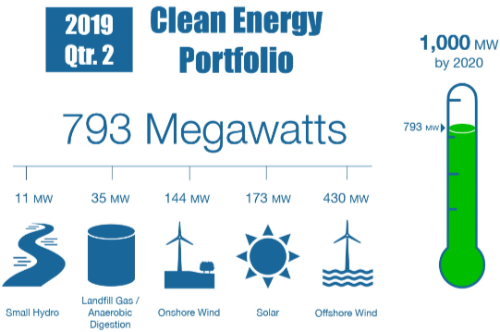
How do we count progress toward the 1,000 MW by ‘20 Clean Energy Goal?
The projects that are counted toward the goal include a wide variety of sizes and locations, of the following technologies:
- Solar, whether rooftop, carport, or ground mount
- Small hydro
- Wind, both offshore and onshore
- Landfill gas/anaerobic digestion
Projects may be proposed, under development, or even under construction without being counted toward the goal. A clean energy project is only counted when one of the following events has occurred:
- Project is interconnected to the electric grid. This set of projects includes projects that use one of the state renewable energy programs, including the Renewable Energy Growth Program, Net Metering, the Renewable Energy Fund.
- The project has a long-term contract or Power Purchase Agreement (PPA) approved by the RI Public Utilities Commission (PUC). Projects in this category are generally larger scale projects which have been selected under a competitive bid process, negotiated a PPA with the utility, and had the PPA reviewed and approved by the PUC. The construction and initial operation of those projects may occur after 2020, but they will be counted if the contract is approved by the end of 2020.
National Issues
- Requiring that economic factors be considered when deciding whether to protect a species, a sharp departure from the Act’s long-standing reliance on science;
- Making it more difficult to designate critical habitat, a crucial tool for protecting and restoring species, and;
- No longer allowing climate change to be a factor when considering whether to protect a species.
ACTION - Click here to add your name to a petition organized by the Center for Biological Diversity asking Congress to defend the Endangered Species Act
American Burying Beetle downlisting
In May, the U.S. Fish and Wildlife Service proposed downlisting the American Burying Beetle from endangered to threatened under the Endangered Species Act. The Beetle is the Rhode Island state insect, designated by the General Assembly in 2015 after a campaign led by third-graders from St. Michael’s Country Day School in Newport.
New Funding for Audubon
Stormwater Innovation Center Coming to Roger Williams Park
In 2012, Senator Jack Reed led Congress in securing new funding to conserve and restore Southeast New England’s coastal waters, watersheds, and communities. Sen. Reed’s vision led the U.S. Environmental Protection Agency (EPA) to develop the Southeast New England Program (SNEP). Now, Restore America’s Estuaries (RAE) is working with EPA to provide SNEP Watershed Grants, funding local organizations that are restoring clean water and healthy coastal ecosystems. In 2019, this program will award $2.3 million to municipalities, non-profit organizations, and academic institutions in Rhode Island and Southeastern Massachusetts.
We're hiring for the Center's Stormwater Training Coordinator position! Click here to access the job description.


